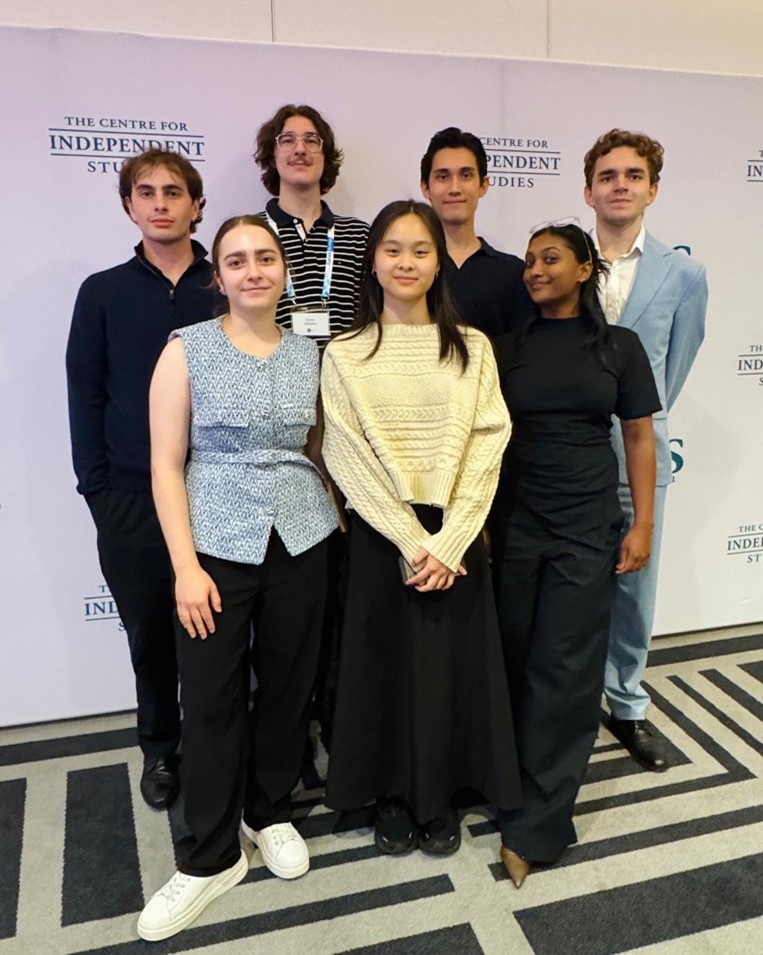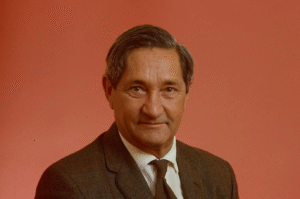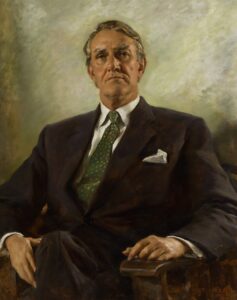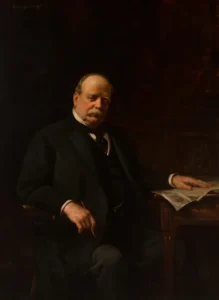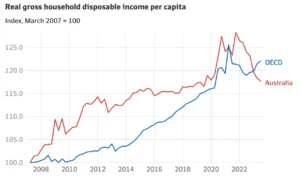Lorraine Finlay’s thought-provoking session titled ‘Are Human Rights Nonsense on Stilts?’ offered a powerful exploration into the philosophical, legal, and practical dimensions of liberty in modern democracies. Rooted in a classical liberal framework, her discussion reaffirmed that human rights are not privileges conferred by the state, but inherent entitlements held by all individuals by virtue of their humanity. Liberty, she argued, precedes the state; the law exists not to grant freedoms, but to safeguard them.
Central to her address were several provocative questions: Are human rights objective moral truths or constructs shaped by cultural and historical contexts? How do we reconcile individual rights with collective responsibilities and group interests? And in a global landscape shaped by international treaties, how can Australia balance its democratic sovereignty with global human rights obligations?
Finlay explored the tension between rights and responsibilities, especially when rights come into conflict—between individuals, or between individuals and groups. She critiqued the modern tendency to frame human rights as desirable outcomes rather than foundational principles and warned of the risks posed by identity politics. Group rights, while often well-intentioned, can obscure the dignity and moral agency of individuals. Quoting Martin Luther King Jr., she underscored the importance of being judged by the “content of one’s character” rather than group identity markers.
The session also delved into contemporary human rights issues such as modern slavery. Finlay explained that while criminalisation of practices like forced marriage is important, enforcement can sometimes harm those it seeks to protect—particularly when victims are reluctant to see family members prosecuted. This highlighted the need for a nuanced, victim-centred approach in lawmaking and policy.
On Indigenous rights, she acknowledged historical injustices and stressed that meaningful change must come through empowering individuals, not through rigid group categorisations. Self-determination, she argued, is an inherently individual right, and recognising the capacity of people to grow and shape their destinies is essential to societal progress.
Ultimately, Finlay’s session served as a timely reminder that human rights are not merely legal instruments, but moral commitments that depend on the active will of the people to uphold them. As she noted, even the Constitution is “just words on paper” without the collective resolve to defend the liberties it enshrines. For this reason, fostering and maintaining public trust in democratic and legal institutions is essential to ensuring a just and lawful society.

